Purina Game Fish Chow Fish Feed, 50 lb. Bag
Complete and balanced 32%- protein, extruded, multi-particle size product designed to be fed to a wide variety of fish species and wide range of sizes of fish. Purina Game Fish Chow feed is rich in nutrients essential for optimal fish growth, reproduction and overall health. It works naturally with everyday food sources in your water to address poor nutrition, which is the most significant limiting factor in the size and health of forage fish.
Complete and balanced 32%- protein, extruded, multi-particle size product designed to be fed to a wide variety of fish species and wide range of sizes of fish. Purina Game Fish Chow feed is rich in nutrients essential for optimal fish growth, reproduction and overall health. It works naturally with everyday food sources in your water to address poor nutrition, which is the most significant limiting factor in the size and health of forage fish.
- Complete and balanced nutrition – Ideal for a variety of fish species
- Feeds a wide variety of fish species and sizes – By providing various particle sizes, your fish are sure to find one that will fit the size of their mouth. This allows you to provide top nutrition for the many types, sizes and ages of fish in your water – all with the same bag of feed.
- Evaluate the health of your fish and ensure the correct feeding amount – Floating particles help bring your fish to the surface. This allows you to evaluate their size and health and make sure you are not over- or under-feeding them.
- Floating diet – Makes it easy to visually manage feeding – less waste and designed to improve water quality
- Fish meal and an attractant – High palatability for quick, consistent feed consumption. Strong Fish attract.
- High-quality protein – 32% high-Quality Protein
- Improves growth of forage fish -1 lb. of Weight Gain per 2 lb. Consumed
- Larger, heavier and more numerous game fish – As forage fish become larger, they become a better food source. with a better food source, your bass can become much larger, heavier and more numerous.
- Optimal digestibility – Extruded particles are cooked during the manufacturing process. Because fish have very simple digestive systems, these pre-cooked particles can allow for optimal digestibility
- Top palatability – A strong fish attractant can result in optimum feed intake
Additional information
| Fish Type | Blue Gill, Catfish |
|---|---|
| Packaged Height | 35 in. |
| Packaged Length | 35 in. |
| Packaged Weight | 50 lb. |
| Packaged Width | 15 in. |
| Package Size | 50 lb. |
| Packaging Type | Bag |
| Manufacturer Part Number | 1363 |

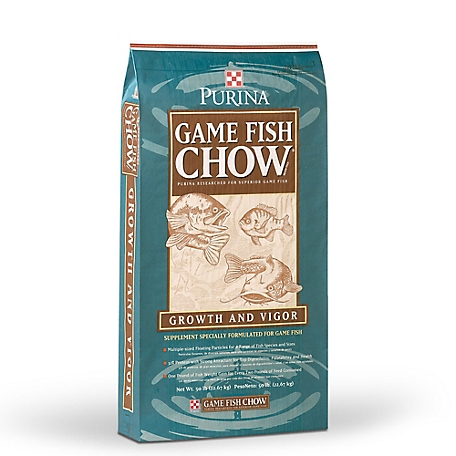
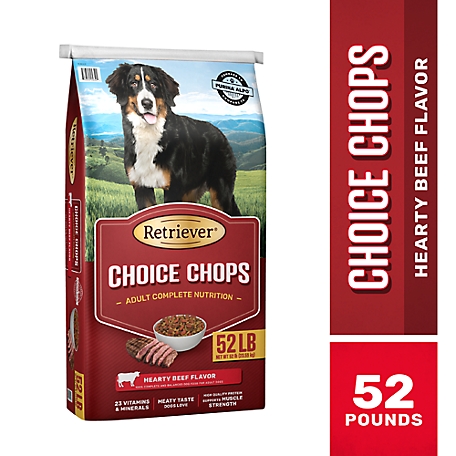


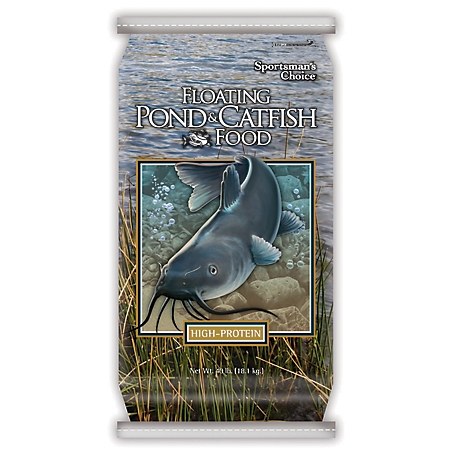
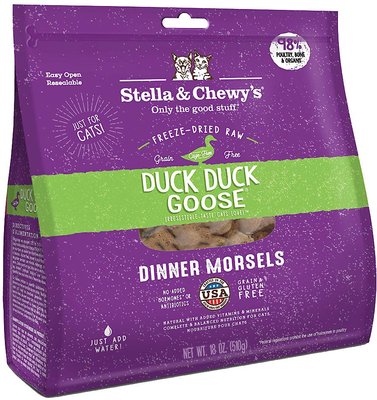

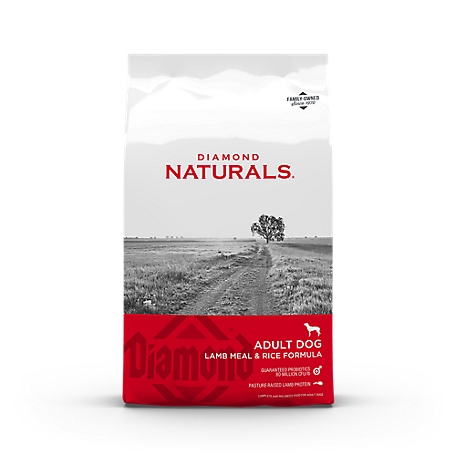
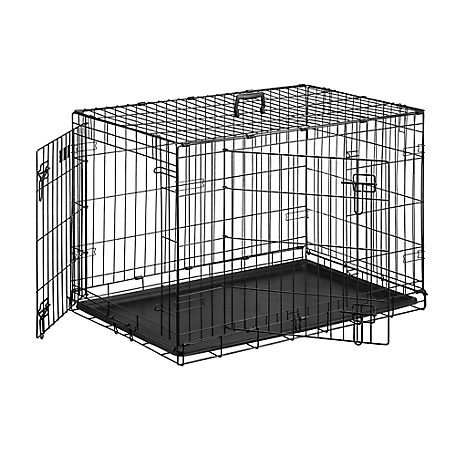

by David
Great stuff! The fish love it!
by Fergie
The fish love it. There is a variety of pellet sizes so the smaller fish can also feed.